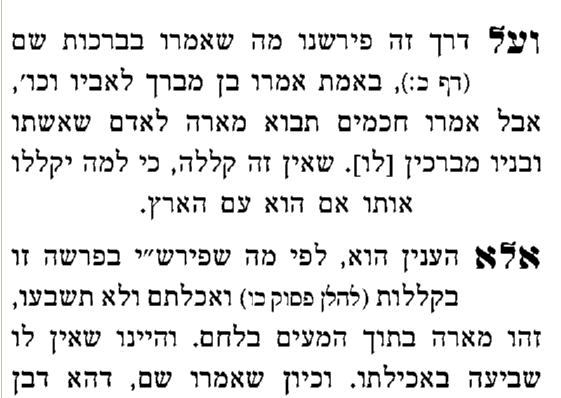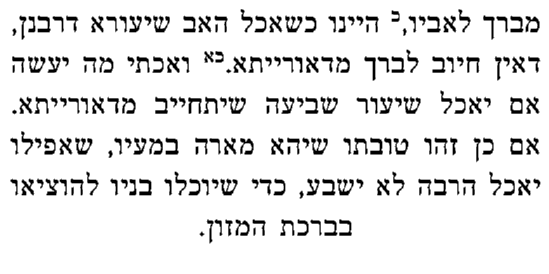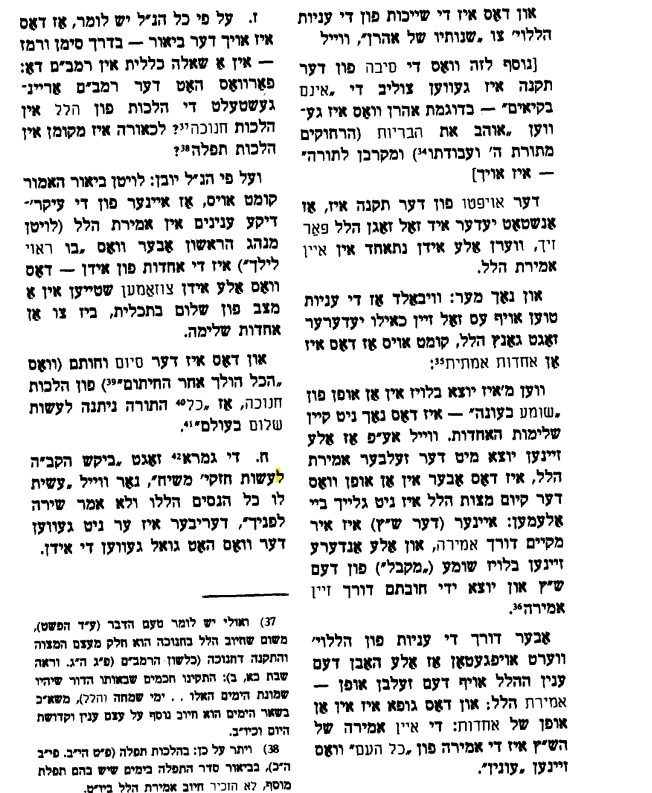BSD
Suka 38a
Iyar 15, 5782. May 25, 2022
Many topics discussed.
1- The Mishnah says that ‘all day is Kosher for the Mitzvah of Lulav’.
The question (Pnei Yehoshua) is that it’s obvious as it says ולקחתם לכם ביום הראשון.

יום means all day. Why would we think any different?
Here is the answer of the Chasam Soifer. But first:

2- We discussed briefly the opinions of Rabbeinu Tam and the Geonim as to when בין השמשות and צאת הכוכבים begin.
The basics are as follows: First comes Shkia, followed by 18 minutes of בין השמשות, (which is ספק יום ספק לילה) followed by night צאת הכוכבים, לילה.

The question is when exactly is Shkia?
Briefly, say the sun dips below the horizon at 6:00 PM. That would be zero degrees.

According to the Geonim 6:00 PM is the beginning of בין השמשות. So בין השמשות is the span of time is when the sun dips further, from zero to 6.5°.
18 minutes later, when the sun is at about 6.5° below the horizon, is צאת הכוכבים and the beginning of night.
So for people that follow the Geonim, at 6:18 PM is night for all practical purposes. מלאכה on Friday is strictly forbidden. Etc.
However, according to Rabbeinu Tam, 6:00 PM, when the sun disappears below the horizon, is only the beginning of Shkia. The ‘real’ Shkia begins only at 6:54 PM.
Until then it is still day time. יום ממש.

בין השמשות only begins then, and continues for 18 minutes until 7:12 PM, or about 16.5°.
For people that follow Rabbeinu Tam, night only begins at 7:12 for all Miztvos such as Krias Shma and the start and ending of Shabbos or a fast day.
See here for le’havdil secular definitions.
https://www.weather.gov/fsd/twilight
3 – We discussed that the Alter Rebbe in his Shulchan Aruch rules like Rabbeinu Tam!
It is only when the Siddur was published that the letter of the Alter Rebbe’s final ruling was publicized where he reverses himself and very clearly rules like the Geonim, which is why we follow their ruling.
[we touched briefly on the expressions used by the Alter Rebbe in this letter]
3- We mentioned the Gemara in Zevachim that states (according to Rabeinnu Tam) that in the Beis Hamikdash ‘night’ began early. At the beginning of Shkia. Not at צאת הכוכבים.

Meaning that for example, in the Beis Hamikdash, all Mitzvos needed to be done before 6:00 PM even though nightfall begins 72 minutes later. Thus, the time for the Mitzvah of Lulav in the בית המקדש ends at 6:00 PM, whereas outside the Beis Hamikdash, it only ends at 7:12.
The Mitzva of Lulav applies in the בית המקדש (all seven days of Sukkos) and the rest of the world (just on the first day). Both Mitzvos are derived from the same פסוק.

Therefore, concludes the Chasam Sofer the Mishna must tell you that you the Lulav can be taken ‘all day’ meaning, until 6:18 and not as in the Beis Hamikdash. We should not err that we need to follow the time structure of the Beis Hamikdosh.
4- The Mishna says that if an adult that cannot read הלל (or any other תפילה) and asks his wife, servant or son to read הלל for him, in order to be יוצא Hallel, he must repeat the words on his own. The reason is that since they are not מחוייב, listening to them despite שומע כעונה, is insufficient to be יוצא .

The Mishna concludes with a ‘curse’ – woe on to the person that does not know how to read! Wow.
We mentioned the interesting twist on this curse by Reb Pinchos of Frankfurt a תלמיד of the Maggid of Mezritch.
He proposes in the פנים יפות בחוקתי, that it’s actually a ברכה as the term used is תבוא מארה.
We find that מארה means eating and not being satisfied. See Rashi בחקותי כו ,כו.
When a person is not satisfied after a meal his Bentching is only מדרבנן. Thus, if the father eats and will not reach כדי שביעה then his wife or son can indeed be מוציא him as they are both at the דרבנן level.
So the ברכה is for the father never to eat כדי שביעה and his wife and son can Bentch for him.


5- We spoke about the powerful and general concept of ערבות.
If, for example, the entire כלל ישראל was מקיים the Mitzvah of Lulav except for one single person, the result is that every individual of כלל ישראל is Halachically still considered מחויב in the Mitzvah of Lulav.
When we approach this single Jew, this חיוב which is on us on us all, even allows us to make the ברכה for this single person. We can say וצונו even though we were already מקיים מצוות לולב!
This amazing rule however, applies only if this person does not know how to say the ברכה himself.
Why is that? What does the literacy of a person have to do with our Arvus?
If he does not know how to make the ברכה are we not obligated, as above, in his Mitzvah of Lulav.
The Avnei Nezer (OC 40, 4. CM 26) suggest that just like in a monetary case of ערבות the lender cannot approach the guarantor for payment of the loan prior to attempting to collect the debt from the borrower. Similarly, true, there is ערבות in מצוות, but first, the one that is actually obligated needs to try on his own. Therefore if he can make the ברכה he must do it himself and not rely on another person to do it for him thru ערבות.

We mentioned that the Alter Rebbe writes an interesting expression about this and perhaps that is what he meant. OC 272 KA 2.
דבשלמא מי שיצא כבר ידי חובתו, שאינו מחוייב בדבר אלא מדין ערבות, לכן כיון שהחייב בעצמו יכול לפטור חובו בעצמו אין להערב לפוטרו,
6- הלל. We began to discuss (and will continue bl”n next week) the three stages in the method to say הלל.
The original stage was for one person to say the entire הלל and the crowd would say הללויה . How many times did they repeat הללויה?
‘123 times equal to the number of the years of Aharon HaKohen’.
Mentioned briefly the Sicha of the Rebbe on this. LS 23. Mase 2.

To be continued.